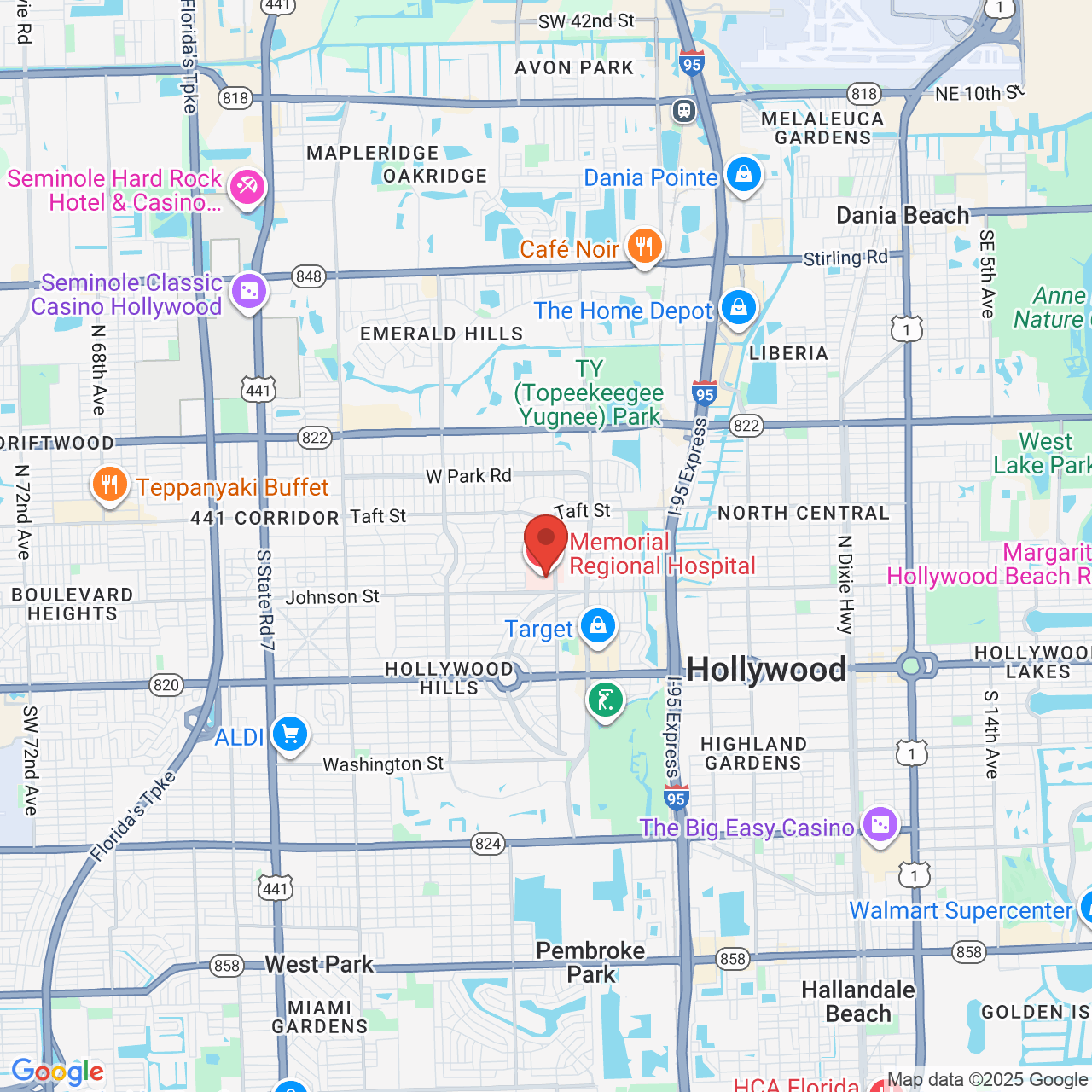Helping Patients Control
Compulsive Sexual Behavior
While sex addiction has been a popular term used in the media, it is not formally recognized by the psychiatric community. It is considered an impulse control disorder and is often referred to as hypersexual disorder or compulsive sexual behavior[1]. Dr. Daniel Bober has been a practicing psychiatrist for over 15 years and has been very successful in helping his patients manage a variety of serious conditions. He believes that patients struggling with compulsive behavior can benefit from the use of medications to regulate the emotions driving their actions. Dr. Bober is personally invested in the success of each of his patients and strives to provide the best professional care at his practice in Hollywood, FL.
Defining Compulsive Sexual Behavior
The proposed criteria for diagnosing compulsive sexual behavior in the Diagnostic and Statistic Manual of Mental Disorders, Fifth Edition (DSM-5®) was rejected due to a variety of reasons. However, a diagnostic definition has been submitted for review and is being considered for the International Classification of Diseases 11th Revision (ICD-11). The suggested definition is: Compulsive sexual behavior disorder is characterized by a persistent pattern of failure to control intense, repetitive sexual impulses or urges[2].
Similarly, in some current professional literature, it has been defined as problematic sexual behavior that is characterized by repetitive and intense preoccupations with sexual fantasies, urges, and behaviors that are distressing to the individual and/or result in psychosocial impairment[3]. Based on ongoing research as of 2014[4], it is suggested that sexual addiction-related disorders range from 3 to 6 percent.
Proposed Diagnostic Criteria
The ICD-11 proposed diagnostic criteria include[2]:
- Repetitive sexual activities have become a central focus of the person's life to the point of neglecting health and personal care or other interests, activities, or responsibilities
- Patient has made unsuccessful efforts to control or significantly reduce sexual behaviors
- Patient continues to engage in repetitive sexual behavior despite adverse consequences
- Patient continues to engage in repetitive sexual behavior even when the individual derives little or no satisfaction from it
In addition to meeting these criteria[2], the patient must also display this pattern of compulsive sexual behavior for a period of 12 months or longer. This behavior must also contribute to marked distress or significant impairment in personal, family, social, education, occupation, or other important areas of functioning.
Why Do These Behaviors Develop?
Simply put, these behaviors develop as a means of coping with uncomfortable feelings. Often, patients who are depressed, anxious, or under stress seek an outlet that brings them gratification and helps offset the negative emotions they are experiencing. It is important to explore the underlying causes of your compulsive sexual behavior to develop proper coping strategies and treatment.
Why Is It Important to Seek Treatment?
While a high sex drive may not be indicative of a problem, there is a fine line that may be crossed. Compulsive sexual behavior can harm both the patient and those close to them. If you are engaging in excessive sexual activities you may find yourself staying in unhealthy relationships, spending outstanding amounts of money on pornography, prostitution, online sex forums, strip clubs, and other outlets for sexual gratification[5]. If sex is consuming your daily activities and thought process, it can impede upon your job, social, and other responsibilities.
Patients struggling with compulsive behavior can benefit from the use of SSRIs to regulate the emotions driving their actions.
These actions can also be harmful to your relationships, especially romantic partners, as well as your health. Pursuing external sexual gratification can destroy your partner's trust and the foundation of your relationship. Promiscuity and unprotected sex can also place you and your partner at risk of contracting a sexually transmitted disease. Many patients who consider themselves sex addicts struggle to cope with feelings of shame and may even turn to substance abuse including opioids or alcohol. By seeking help to manage your condition, you can help protect both yourself and your loved ones.
Treating Compulsive Behavior
While there are no medications available to specifically treat hypersexual disorder, selective serotonin reuptake inhibitors (SSRIs) may be used to control compulsive thoughts. SSRIs are effective in that they deliver increased levels of serotonin to areas of your brain that regulate mood that may not be functioning properly. This can help you manage an underlying mental health disorder, such as depression, that may be driving your compulsive behavior.
In addition, some patients choose to seek support from organized groups and a therapist. Participation in an intensive outpatient treatment program may also be beneficial to some patients. Dr. Bober can refer you to a trusted therapist for effective treatments like cognitive behavior therapy (CBT).
Professional Care, Positive Outcomes
Dr. Bober understands the difficulties his patients face when attempting to confront and overcome behavioral addictions. His vast experience and continuously growing knowledge of compulsive behavior allow him to provide medical treatment that is highly effective. If you are ready to begin working towards recovery, call us today at (954) 994-1115 to schedule your consultation with Dr. Bober.
References
- Definition of sex addiction - National Institutes of Health
- Defining the disorder - Society for the Study of Addiction, and World Health Organization
- Defining the disorder - National Institutes of Health
- Sex addiction statistics - National Institutes of Health
- Indications of the disorder - National Center for Biotechnology Information, U.S. National Library of Medicine



